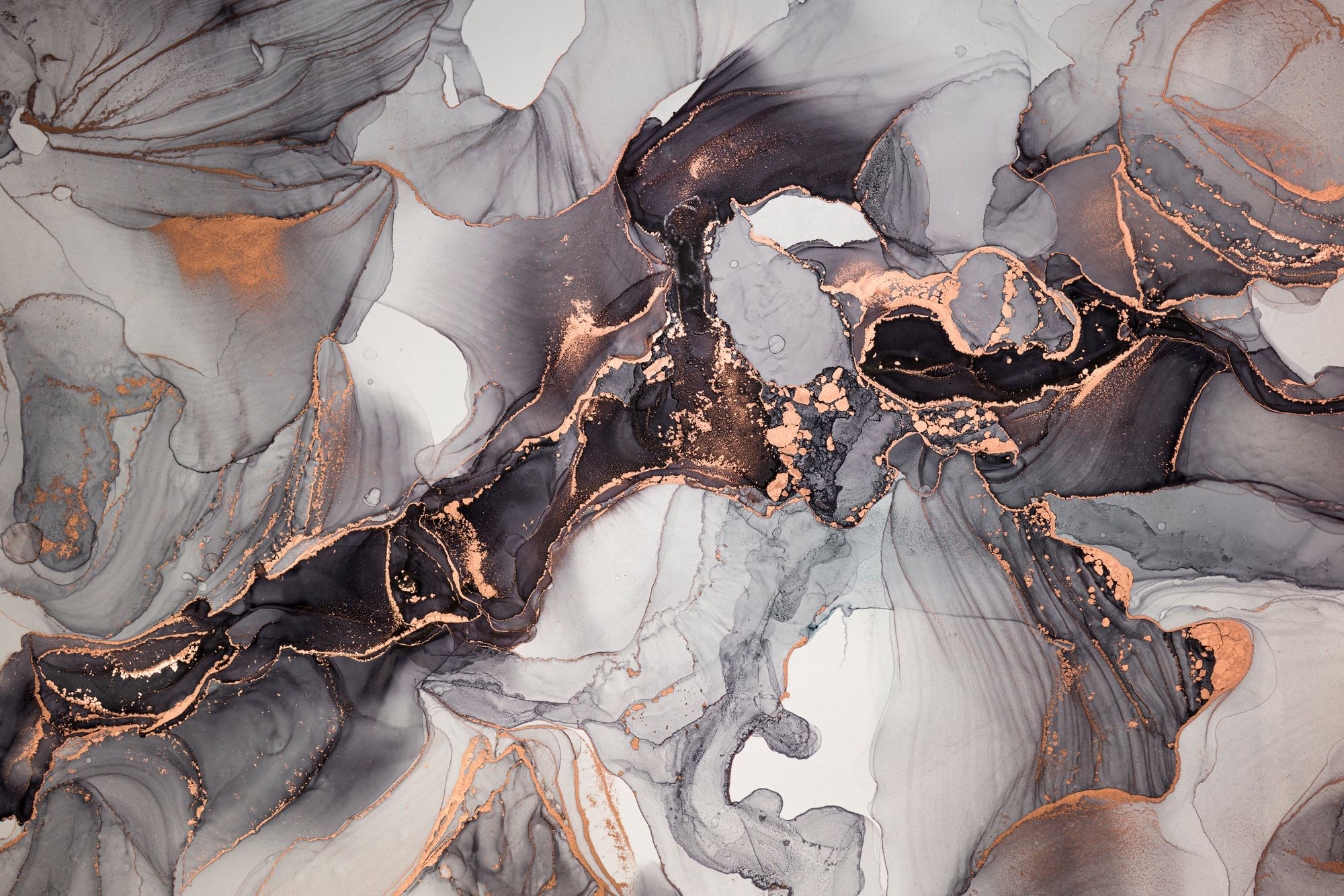Inclusion I
Or, expanding our beliefs.

There’s something fundamental about how we think about other people that signifies who we are. If we focus on a person’s otherness, we forget our inherent, common humanness and we break the promise of inclusion.
Inclusion is one of these words that we all think we understand. It means we just include everyone, right? If only it were that simple.
There are a lot of well-meaning people who think that we’re practising inclusion when we’re not. Too many of us think that inclusion is about absorbing others into our worldview.
This isn’t so.
True inclusion is about recognising other people in their entirety. It is not about squishing square pegs into round holes. Inclusion is about making all the holes work for everyone.
This quote from Abigail Echo-Hawk, an artist, poet and storyteller in the US, demonstrates this from her perspective:
“I am not part of a ‘historically’ underserved population. My history is one of centuries of ancestors who loved me, prayed for me, survived unimaginable things so I could thrive. My history didn't start with ‘western civilization’ so quit assigning it to me. I am colonially underserved. I am institutionally underserved. And I am historically resilient.”
One of the ways to make inclusion real is to expand our beliefs.
Have you ever listened to the wise words of the Buddhist teacher, Tara Brach? She is a very peaceful and insightful person, she’s an author and has a background in psychology.
Tara introduced me to the concept of bad othering. She says: “Sadly, through human history, much suffering has come from perceiving others as bad-others, flawed humans who are excluded from our heart.”
From Tara’s teaching, I have come to understand that bad othering is at the root of so much of the suffering in our world.
In this video, Tara says: “Bad othering is fuelled with beliefs. They are, most basically, beliefs about human nature.”
These beliefs can be personal, political, social or emotional. According to Tara, the foundation of our beliefs is in the way we were parented and in trauma that we may have experienced along the way. This leads to viewing those who are different as bad, and this separates us.
Here, I ask you: if you see another as bad or flawed, can you really include them? And: what beliefs do you need to challenge to make sure that inclusion really happens – in your workplace, in your relationships, perhaps even in yourself?
If we are willing to change our beliefs, we can create real inclusion. This starts with self-awareness. By observing our thoughts, we have more potential to understand and change our own behaviour. It’s the behaviour that then creates a ripple effect in the world around us.
Personally, I love these challenges. I am gaining wisdom around my privilege and our culture. And I’m gaining confidence in my ability to live with self-awareness. I’m absolute in my belief about a better future:
I want us to live in a way that allows us to be ourselves, living in the true expression of our unique individualism, but belonging together in the joy of our shared humanness.
Join me as I delve into this topic more over the coming weeks.

